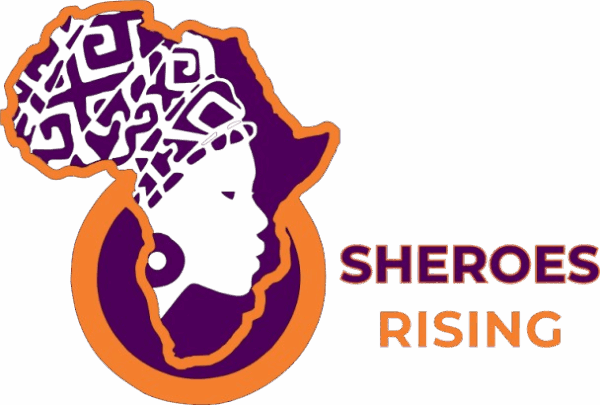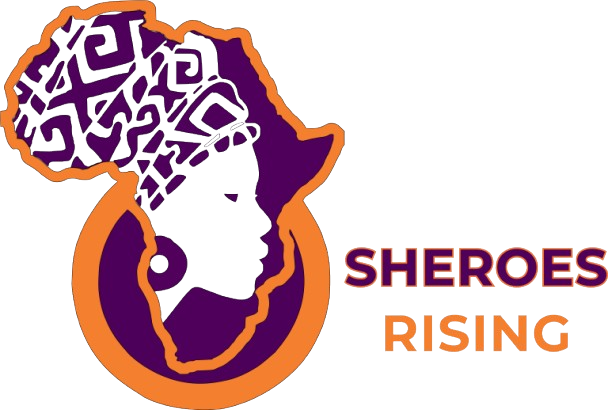The shock never wears off, especially when the tragedy could have been avoided with a little caution and curiosity. Not long ago, in the heart of Abuja’s Gwarinpa district, a young woman checked into a hotel with a man. Hours later, during a routine inspection, hotel staff found her lifeless body, chained and motionless. The man had vanished without a trace. That woman was later identified as Aladi Offikwu Johnson, popularly known as Tessy, an indigene of Benue State. According to the police spokesperson, SP Josephine Adeh, Tessy had checked in on June 16 with an unidentified man. He left without her. She never made it out alive.
The Commissioner of Police, Ajao Adewale, ordered an immediate investigation and advised young women to be more mindful of whom they associate with—especially strangers. He also urged hotels to strengthen their guest verification systems, enforce identity checks, and install more surveillance cameras to deter crime and aid investigation when needed.
While the details of how Tessy met her killer remain unclear, her story echoes a chilling reality: many of these encounters begin online. A growing number of women are falling victim to dangerous strangers masquerading as love interests or friends.
Catfishing—pretending to be someone else, often online—has evolved into something deadlier. A person you meet virtually could turn out to be a predator in disguise.
In another reported case earlier this year, a woman narrowly escaped death at the hands of a suspected ritualist. She had met the man online, where he posed as a supposed oil company employee named Michael Prince. He invited her to Delta State, but they eventually agreed to meet in Abuja. During the meeting, he turned violent, threatening her with a dagger, tying her up, and taping her mouth shut before locking her in a bathroom. He fled with her phones, leaving her for dead. Thankfully, she was rescued by the police.
These stories are not isolated. They reflect a growing crisis—a silent war against women.
Gender-based violence in Nigeria is escalating, and the numbers are heartbreaking. According to the Femicide Observatory run by Document Our History (DOHS) Care Foundation, 22 women were murdered in the first two months of 2025 alone. That’s a 240 % increase from the same period last year. And that is only what was reported. A 2013 national health survey found that nearly one in three Nigerian women had experienced physical violence by age 15.
These are not just statistics. These are daughters, sisters, mothers, and friends—real people who deserved better. The United Nations Population Fund (UNFPA) has continued to push for stronger policies on gender-based violence, but change must begin with awareness.
It must begin with us. Women need not only protection but empowerment. We must teach young girls to investigate before they trust, to listen to their instincts, and to share their movements with trusted loved ones.
Women are the backbone of our families and communities. They nurture, they lead, they build. They deserve to be seen, heard, and protected—not silenced by fear or buried beneath the weight of unchecked violence.
Let every woman lost be a reminder. Let every survivor’s voice be heard. And let every budding relationship be approached with wisdom. Because love, real love, should never cost a life.
Bilkisu Ahmed Shekarau is a student of the Nile University, Abuja.









